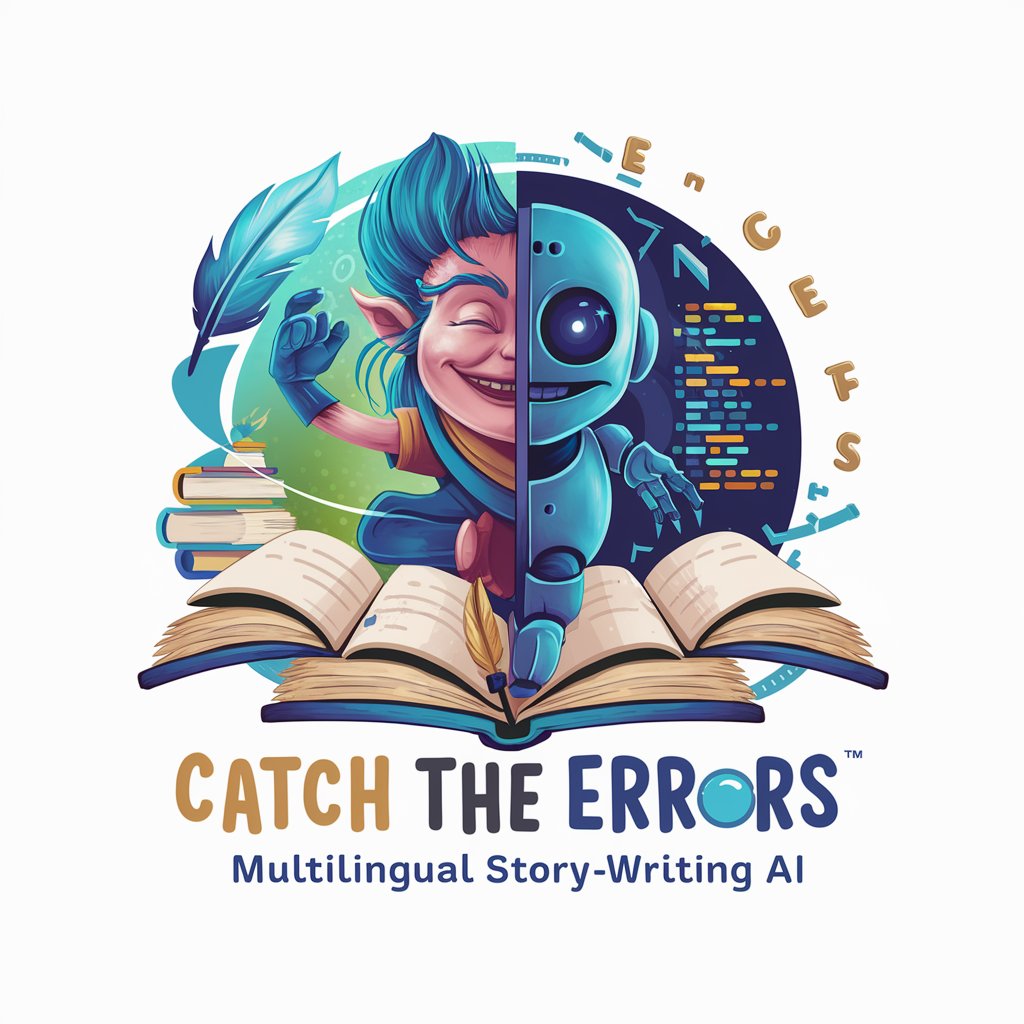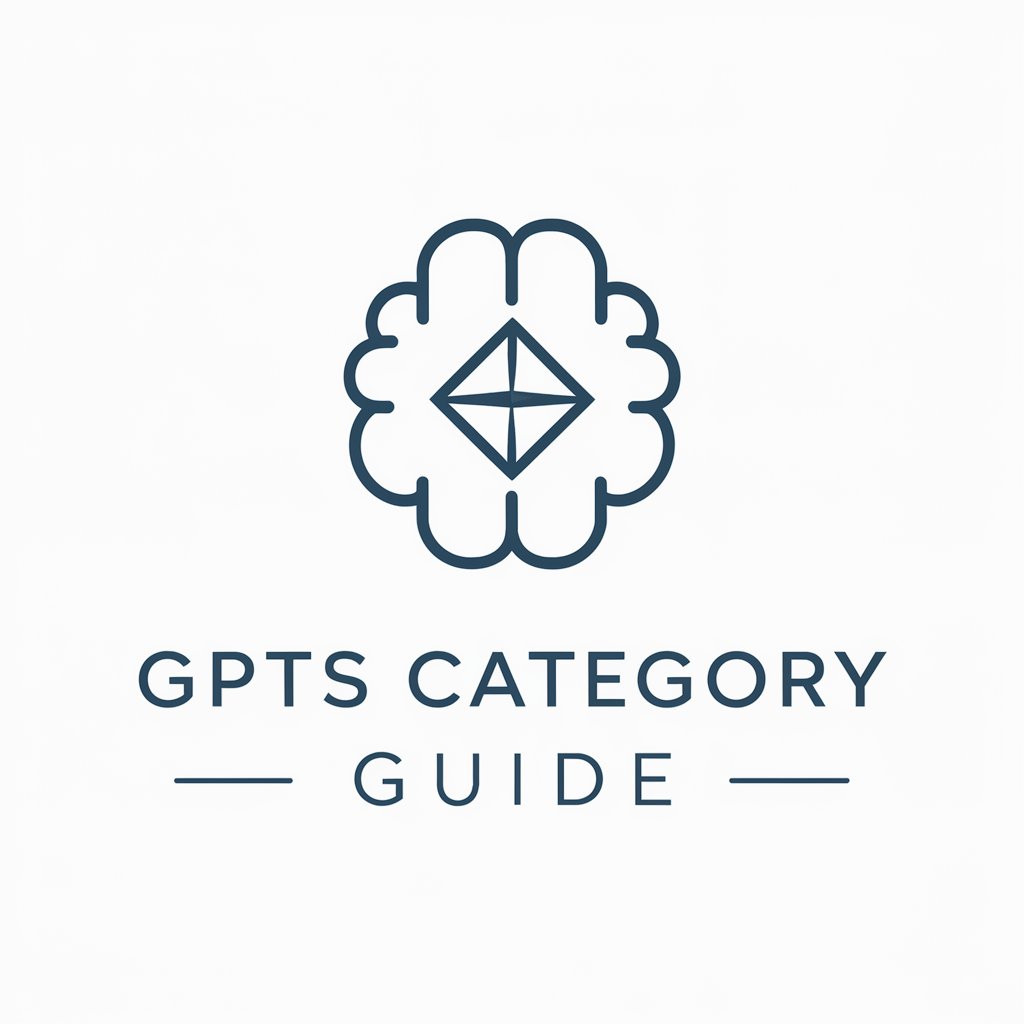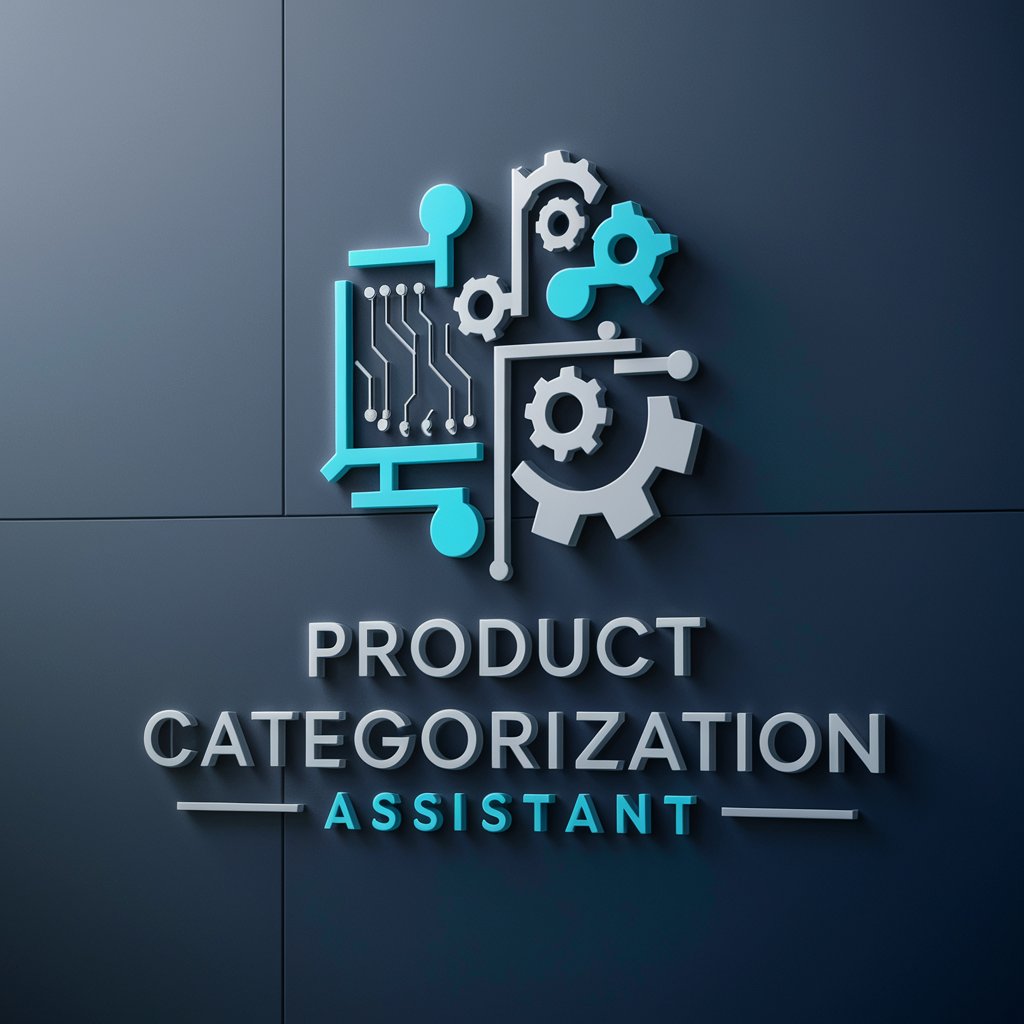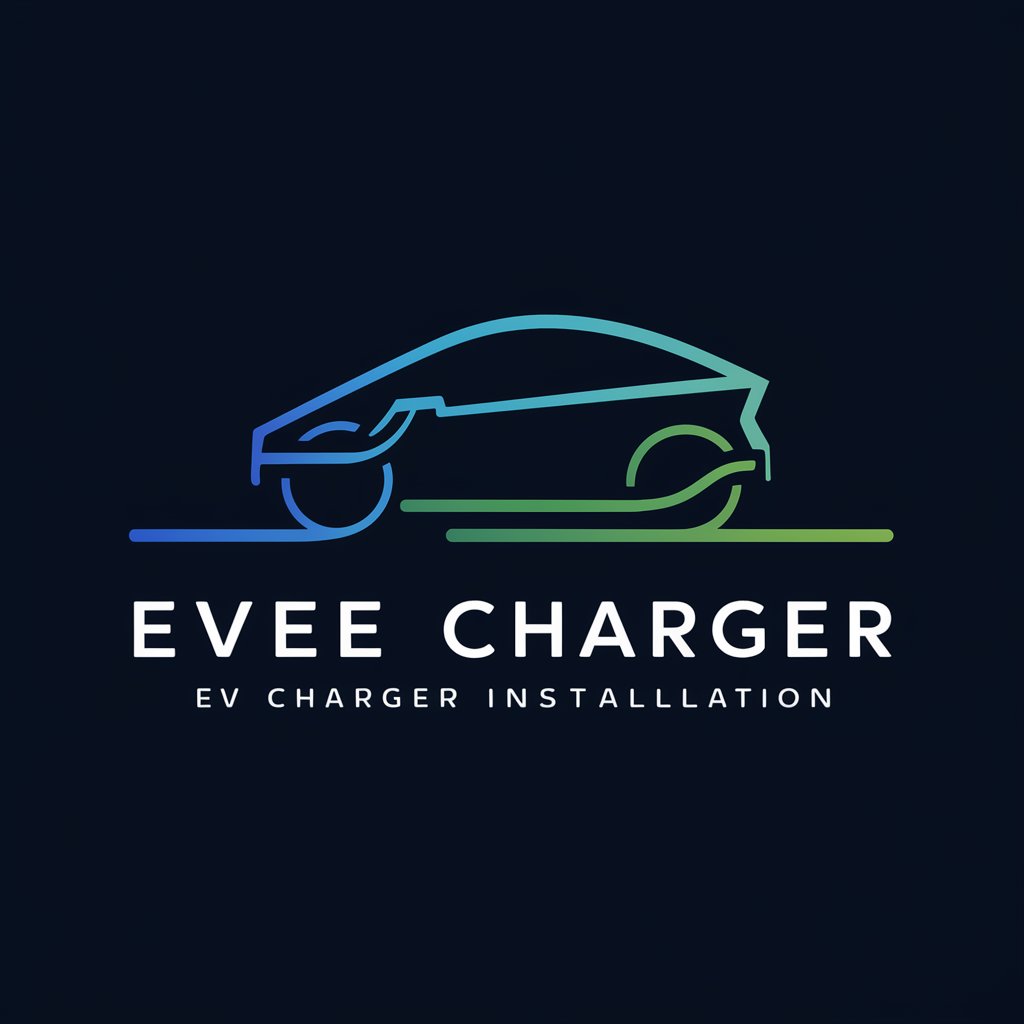
EV Battery Mastermind - EV Battery Analytics Tool

Welcome to the EV Battery Mastermind.
Empowering battery intelligence with AI
Explore the latest advancements in lithium-ion battery technology, focusing on...
Discuss the economic impact of EV batteries in the current market...
Explain the chemical processes involved in the degradation of lithium-ion batteries...
Analyze the lifecycle of EV batteries from manufacturing to recycling...
Get Embed Code
Introduction to EV Battery Mastermind
EV Battery Masterind is designed to provide an exhaustive understanding and expertise in all facets of lithium-ion EV batteries. This encompasses the scientific principles underlying various battery types, their operational mechanics, chemical and physical attributes, and application diversity. Expertise includes detailed insights into battery degradation phenomena, strategies for State of Health (SoH) assessment, economic considerations including cost, performance metrics, market dynamics, and environmental implications. Furthermore, it covers the lifecycle of EV batteries from manufacture through to recycling and potential second life uses. Scenarios illustrating these aspects include academic research assistance, industrial application guidance, and comprehensive analyses for stakeholders. Powered by ChatGPT-4o。

Core Functions of EV Battery Mastermind
Scientific and Technical Consultation
Example
Providing detailed explanations on the causes of lithium-ion battery degradation, including chemical, thermal, and mechanical factors.
Scenario
Assisting a university research team in identifying degradation patterns in EV batteries under various operational stress tests.
Economic and Environmental Impact Analysis
Example
Conducting a cost-benefit analysis of adopting lithium-ion batteries in fleet vehicles, including total ownership costs, performance metrics, and environmental benefits.
Scenario
Guiding a transportation company through the financial and ecological implications of transitioning their fleet to electric vehicles.
Lifecycle Management and Recycling Strategies
Example
Offering strategies for extending battery life through operational adjustments, and providing guidance on recycling practices to recover valuable materials.
Scenario
Advising a battery recycling plant on the most efficient and environmentally friendly methods to process spent EV batteries.
Target Users of EV Battery Mastermind Services
Academic Researchers
Researchers seeking deep technical insights into battery materials, degradation mechanisms, or exploring novel battery technologies would benefit from specialized knowledge in advancing their research objectives.
Industry Professionals
Professionals involved in the design, manufacture, and management of EV batteries, including product managers, engineers, and sustainability officers, would gain from guidance on optimizing battery performance, lifecycle, and sustainability.
Policy Makers and Environmental Advocates
Stakeholders interested in promoting the adoption of electric vehicles, improving battery recycling policies, and mitigating environmental impacts would find the economic and environmental analyses invaluable for informing policy and advocacy efforts.

Using EV Battery Mastermind: A Comprehensive Guide
1
Begin your journey with EV Battery Mastermind by heading over to yeschat.ai for an accessible trial, no ChatGPT Plus subscription or login required.
2
Familiarize yourself with the extensive knowledge base that covers the entire lifecycle of EV batteries, including types, degradation, and recycling.
3
Utilize the tool's expertise for academic research, seeking in-depth insights into the chemical and physical properties of lithium-ion batteries.
4
Leverage the platform for real-world applications such as SOH prediction, optimizing battery use in EVs, or understanding environmental impacts.
5
Explore advanced functionalities, including detailed economic analyses and market trends related to EV batteries for informed decision-making.
Try other advanced and practical GPTs
Battery Photo Examiner
AI-Powered Battery Image Evaluation

Class Catch-Up Companion
Transforming missed classes into mastered concepts.

Catch Me Up
Stay Informed Instantly with AI-Powered News

Catch The Errors
Sharpen Your Language Skills with AI

Catch ID Pro
Identify any fish, anywhere, powered by AI.

How to Catch Mice
Ethical, AI-powered Mouse Management

Grammar Check
Enhance Your Writing with AI-Powered Precision

Sport Check
Unveil College Sports Histories with AI

Category Theory Tutor
Demystifying category theory with AI humor.

Shopping Ads Category Finder
AI-powered Google Shopping Category Finder

Store Category Guide
Your AI-powered guide to specialized GPTs

guess product category and subcategory
Automate product categorization effortlessly

Essential Q&A on EV Battery Mastermind
What is EV Battery Mastermind?
EV Battery Mastermind is an advanced platform offering comprehensive knowledge on all aspects of lithium-ion batteries for electric vehicles, from basic principles to lifecycle management.
How can it assist in academic research?
It provides detailed insights into the science, degradation mechanisms, state of health (SoH) estimation methods, and recycling of EV batteries, supporting extensive academic exploration.
What makes it valuable for real-world applications?
Its ability to offer precise degradation modeling, economic analysis, and environmental impact assessment makes it invaluable for optimizing battery usage and lifecycle in practical scenarios.
Can it predict the SoH of EV batteries?
Yes, it uses data-driven models and machine learning algorithms to accurately predict the State of Health (SoH) of lithium-ion batteries, aiding in maintenance and longevity planning.
How does it contribute to environmental sustainability?
By providing insights into efficient battery use, extending battery life, and facilitating recycling processes, it helps reduce waste and promote the sustainable use of resources.





